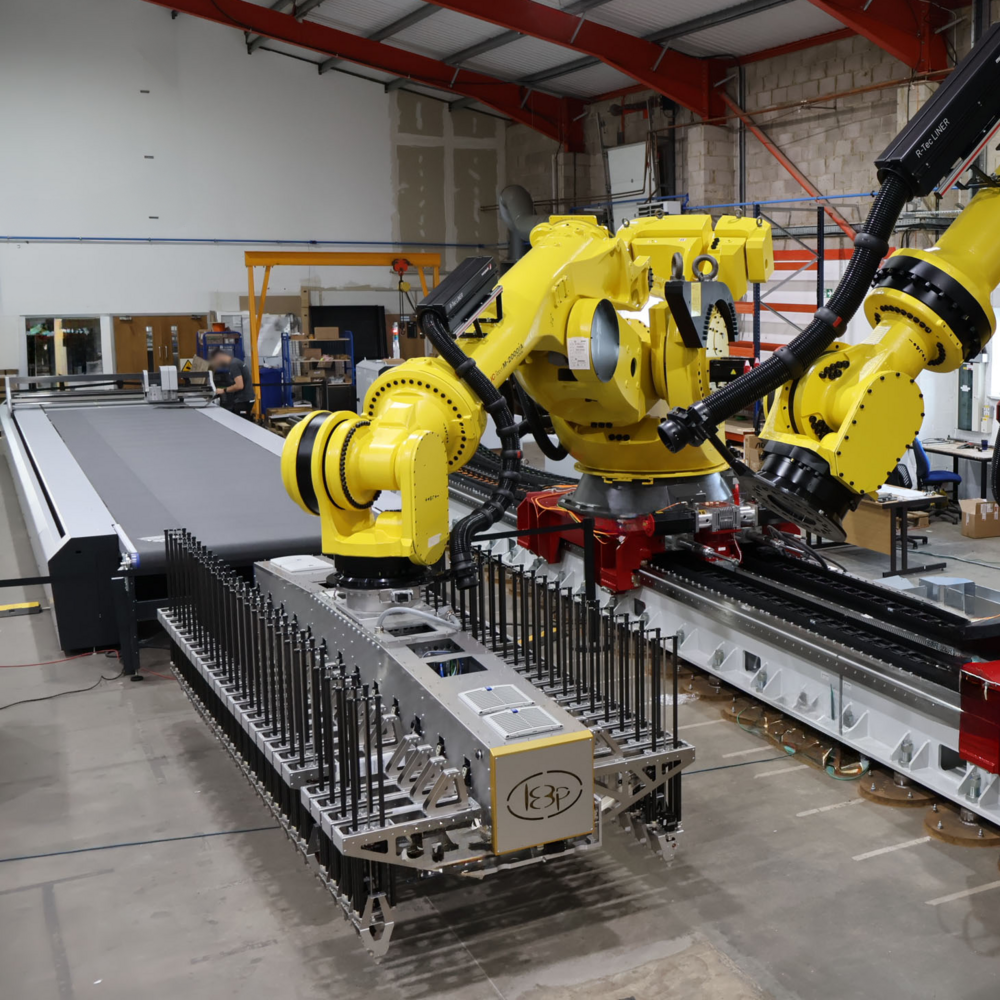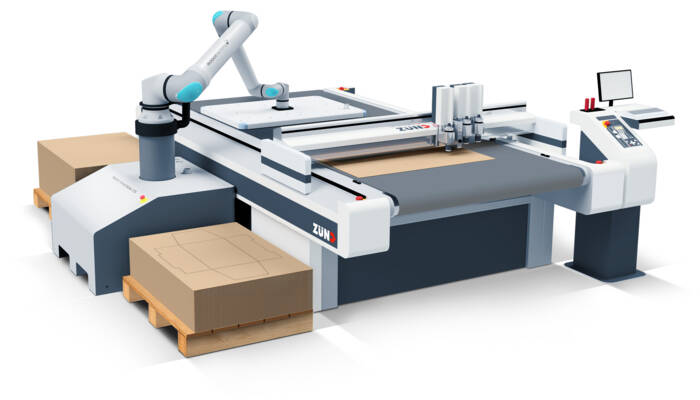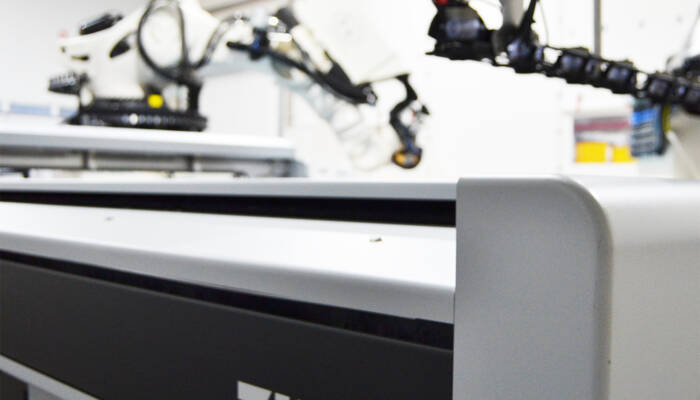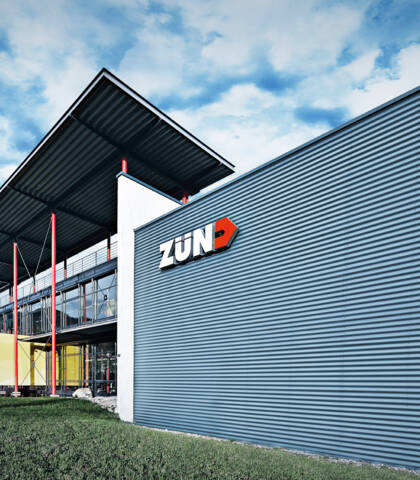
Robots don’t need lunch breaks
Robots are playing an increasingly vital role in industrial manufacturing. Particularly for repetitive tasks, these digital coworkers prove to be incredibly useful. This blog explores the latest developments in robotics, highlighting trends and challenges in the realm of tireless digital assistants.
Robots are essentially machines that carry out assigned tasks automatically and with precision. Their significance in industrial manufacturing has grown exponentially in recent years as companies look for ways to enhance efficiency, reduce costs, and maintain product quality. The number of industrial robots installed worldwide has quadrupled in the past decade, now reaching approximately four million—a clear indicator of the growing importance of robotics. No longer confined to large corporations, robots are now being adopted by small and medium-sized enterprises to remain competitive.
By automating processes, robots complement human labor and improve process reliability. Their use minimizes errors, increases reproducibility, and ensures consistent process speed. These factors contribute to stabilizing and optimizing production workflows.
Flexible Manufacturing
In addition to cost savings and error reduction, robots offer remarkable flexibility. Thanks to their virtually unrestricted range of motion, they can adapt to changing conditions and new tasks. This adaptability can be a decisive advantage in a dynamic industrial production environment.

Integrating Robots into Production Processes
The integration of robotics into existing production processes requires careful planning to ensure that new systems operate efficiently. Here, the flexibility and adaptability of robots play a crucial role. For instance, robotic solutions from Zünd and its partner Robotfactory can be equipped with different grippers depending on the material, making the robots extremely versatile for a variety of applications around the cutter — from material loading to unloading and sorting of cut parts
Customized solutions are particularly important, as industrial manufacturing often demands specialized approaches to ensure seamless integration into existing workflows. Robotfactory, a partner company with extensive experience in developing robotic solutions, plays a key role here. They provide tailored solutions for various markets, driving innovation and delivering competitive advantages.

Service, Support, and Partnerships
Integrating robotics into production lines is complex and requires support from the conceptual phase through implementation. Reliable service and support are essential to ensure system availability and performance. The longstanding partnership between Zünd and Robotfactory is central to this effort, as cutters and robots must work in perfect harmony to deliver optimal results.
The Future of Robotics
The demand for automation in material handling continues to rise, particularly in the context of Industry 4.0, which emphasizes connected and intelligent production systems. Robots are increasingly being integrated into the entire value chain, enabling end-to-end automation across the cutting workflow. Process automation, error reduction, and greater flexibility in production help companies remain competitive and achieve even greater efficiency.
Learn more about how you can integrate robotics into your cutting processes!
Got curious?
Contact us for more information, a demo, and anything else about digital cutting.
